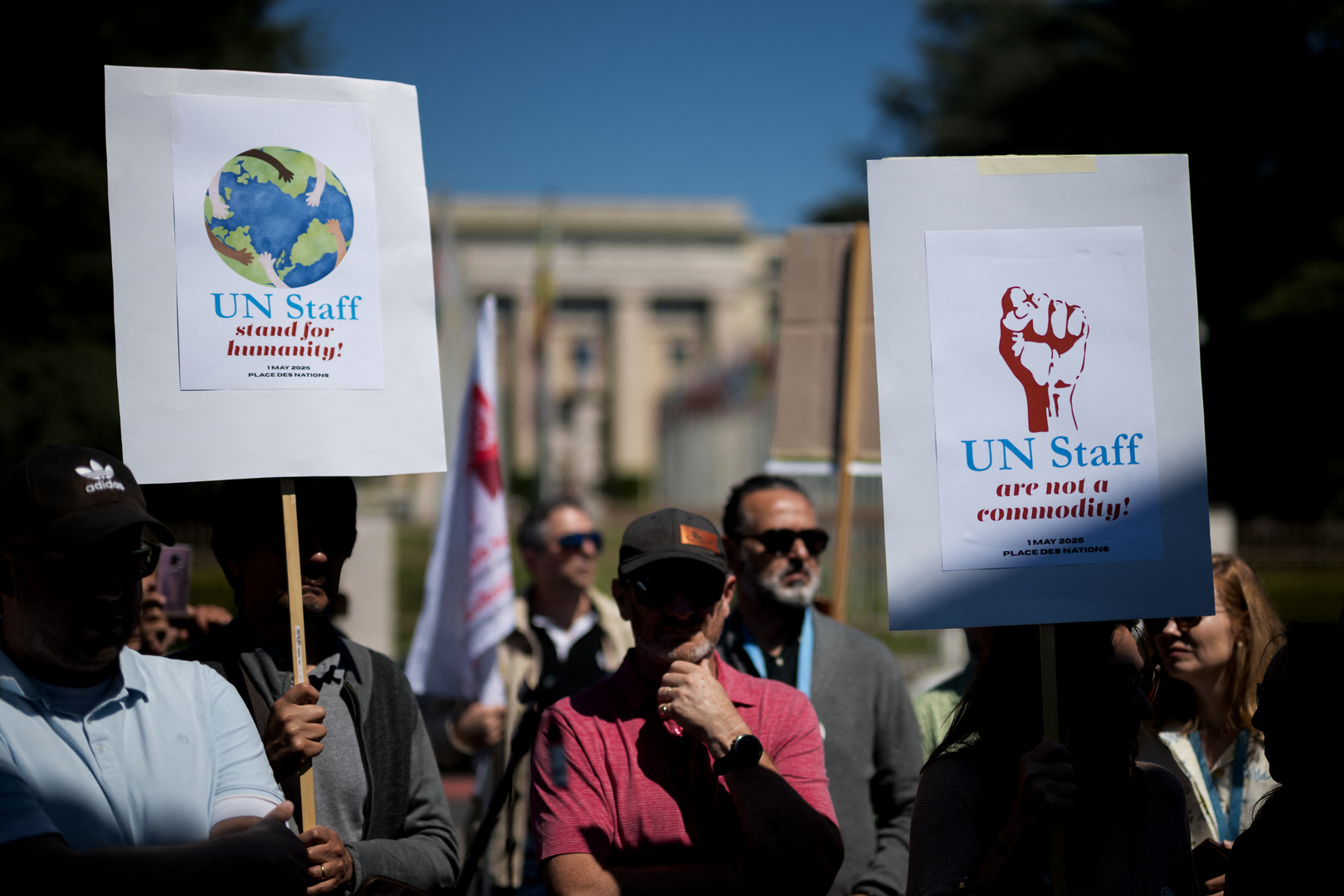Breaking: UN's Financial Lifeline Frays as Global Challenges Mount

Humanitarian Crisis Looms as UN Aid Faces Critical Funding Shortfall
Aid organizations are sounding the alarm about a potential catastrophic humanitarian crisis that could impact millions of vulnerable people worldwide. United Nations officials warn that severe funding gaps threaten to disrupt critical assistance programs, leaving countless individuals at risk of hunger, displacement, and economic hardship.
The global humanitarian landscape is facing unprecedented challenges, with ongoing conflicts, climate-related disasters, and economic instability stretching aid resources to their breaking point. UN representatives emphasize that without immediate and substantial financial support, essential lifeline services for millions of people could be dramatically reduced or completely suspended.
Regions already struggling with extreme poverty, conflict, and environmental challenges will be the most severely impacted. Vulnerable populations, including children, refugees, and communities in war-torn areas, stand to suffer the most from potential aid disruptions. The potential consequences include increased food insecurity, limited access to healthcare, and reduced support for displaced populations.
Humanitarian experts are urgently calling on international donors and governments to step up their commitments and provide the necessary funding to prevent a humanitarian disaster. The stakes are incredibly high, with millions of lives hanging in the balance and the potential for widespread human suffering if immediate action is not taken.
As the global community grapples with multiple crises, the UN's ability to provide critical assistance has never been more crucial. The coming months will be pivotal in determining the fate of millions who depend on international humanitarian support for their survival.
